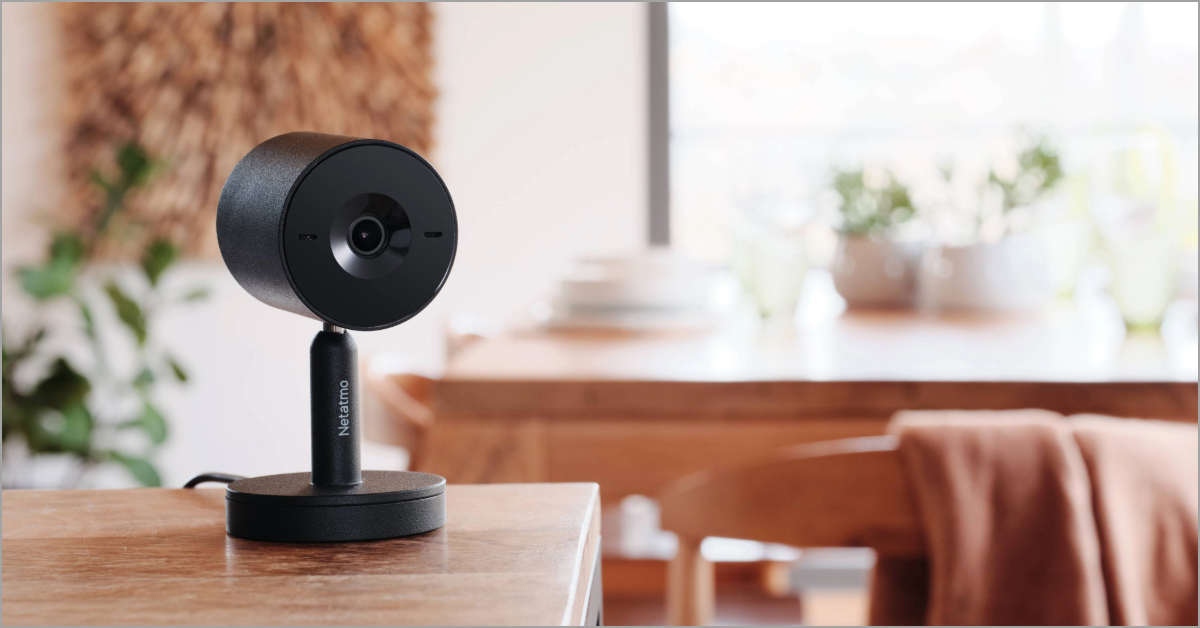
Nieuwe Binnencamera: Advance

To have a clean and healthy house, you have no choice but to take your bucket of water, your mop, your sponge, and your duster regularly.
While you may be used to washing your clothes, doing your dishes, and hoovering the living areas, finding the right rhythm for cleaning the whole house (floors, ceilings, walls, dust, etc.) is less obvious
.
Fighting indoor pollution, a daily challenge
As you may know, indoor air is on average 5 to 10 times more polluted than outdoor air. This is huge, especially when you consider that we spend 80-90% of our time indoors and that the air outside is already very polluted and even dangerous.
Cleaning the living areas, the hidden corners of the kitchen, and the floor thoroughly will help to tackle this indoor pollution.
Indoor air quality is a topic that is receiving more and more media attention, and for good reasons. Your health is at stake, but it is easy to improve it through effective daily actions: avoid harmful products, limit combustibles such as scented candles, air for several minutes in the morning and evening, ventilate constantly… and make sure that you clean thoroughly!
Certain measuring equipment can be used to analyse the quality of the air inside the house, such as pollution sensors, weather stations, or smart weather stations. Analysing this level of quality allows corrective actions to be taken, such as opting for more regular and thorough cleaning.
A house that is not cleaned regularly can lead to allergies, respiratory problems, rhinitis, asthma, and irritation. It has been proven by numerous studies that indoor pollution dust and dirt (even without stains) have toxic effects on health.
So it's best to get rid of them as often as possible to prevent the accumulation of this pollution from making your home an unhealthy place to live.
On the other hand, nobody is physically allergic to cleaning! So grab your broom, hoover, and bucket. Arm yourself with your best sponge and a cloth and go to war with dirt and dust! Say no to indoor pollution On average, it will only take you a few minutes a day… if you do it regularly (and you don't live in a 500 square meter house).
One thing is certain: it is worth the effort… don't take any risks, a bit of housework has never killed anyone!
Maintaining excellent indoor air quality helps to preserve your health. Housework and all the cleaning that goes with it effectively helps to make life more enjoyable. To accurately measure the level of pollution in the house (among many other features), get the Netatmo Smart Weather Station !
First of all, it is important not to wait until you see stains, dust, and dirt before grabbing the broom and cleaning products.
According to experts, it is recommended to hoover all rooms in the house at least once a week. This is bad enough, but in some rooms, such as the living room or kitchen, it is best to do it twice a week. But not only hoovering!
Mopping the floor is essential to eliminate germs brought in by our shoes, socks, and feet (among others). On floors that are suitable for wet cleaning, there's nothing like a good mop every week throughout your home (not just the living areas).
And the carpet? Hoovering every week and shampooing every year should keep it relatively clean!
For walls and ceilings, start by dusting with a cloth before hoovering and using a dusting head in high spots. Full washing of walls and ceilings can be done once a year unless you have children.. Don't forget to clean door and window handles once a month.
Your home deserves to be properly clean, and your health will benefit from it! So clean and use products freely (and if possible choose solutions that are environmentally friendly and healthy).
We have not mentioned the cleaning of the "secondary" elements of the house, such as the garbage can, the refrigerator, the sheets, the carpets, or even the pillows. For all this, make sure they are clean by washing and cleaning them once a month minimum, every 2 weeks if possible. Kitchen and bathroom sinks should also ideally be kept clean every day.
Bonus: cleaning your computers and phones once a month is a great way to get rid of all the bacteria that are constantly growing on them! It's a useful tip but unfortunately not widely followed… Even when your smartphone screen is often dirtier than the toilet seat.
Cleaning is more than just a process. It is an effective way to avoid indoor pollution, breathe healthy air, and make your home a pleasant place to live in. Cleaning doesn't have to be your enemy, especially now that you know all this… it's time to make cleaning a fun activity (as much as we can)!